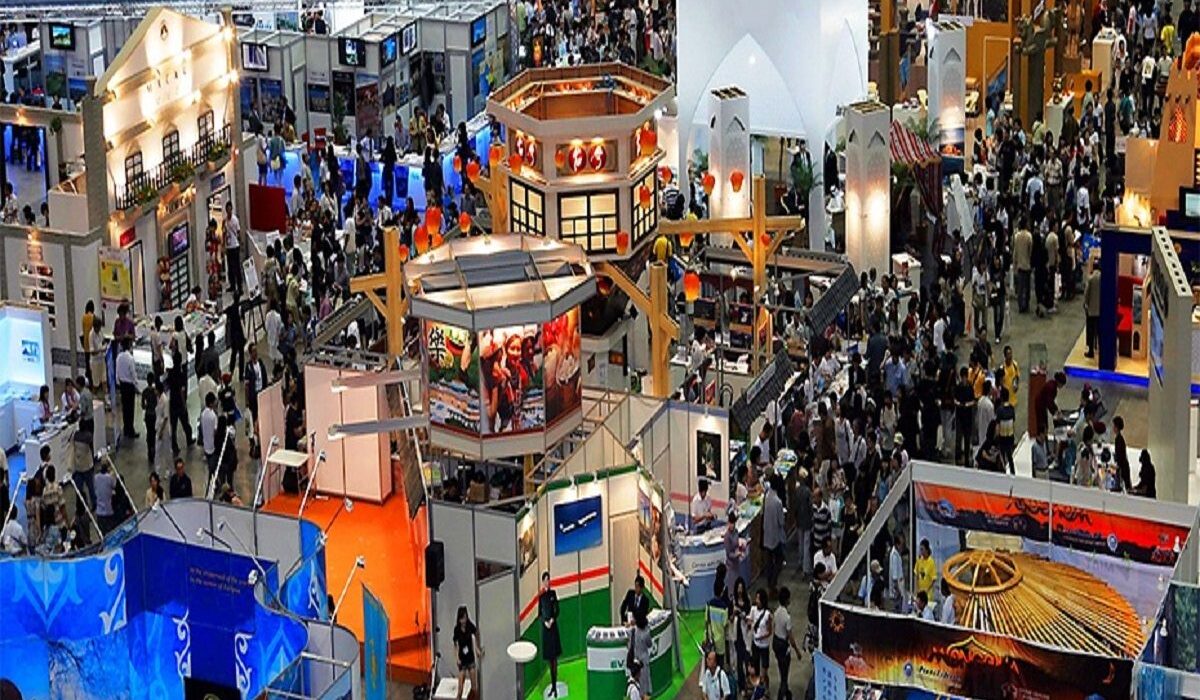International trade fairs offer businesses an unparalleled opportunity to showcase their products, network with potential buyers, and explore new markets. For Kenyan businesses, participating in these events can be a gateway to global expansion, increased sales, and valuable industry insights. However, successfully participating in international trade fairs requires careful planning, strategic execution, and a clear understanding of the processes involved. This article provides a comprehensive guide on how to participate in international trade fairs from Kenya.
1. Identify the Right Trade Fairs
The first step in participating in an international trade fair is identifying the right event for your business. Not all trade fairs will align with your industry, target market, or business goals. Research global trade fairs that cater to your industry and attract the type of audience you want to reach. Popular platforms like Trade Fair Dates and Expo Database provide detailed information about upcoming trade fairs worldwide. It’s essential to choose a fair that aligns with your business objectives, whether you’re looking to launch a new product, expand into new markets, or build brand awareness.
2. Understand the Application Process
Once you’ve identified the right trade fair, it’s crucial to understand the application process. Most international trade fairs require businesses to register and apply months in advance. The application process typically involves filling out forms, providing information about your business, and sometimes submitting samples of your products. Ensure that you meet all the deadlines and provide accurate information to avoid any issues with your application. Additionally, some trade fairs may have specific entry requirements or restrictions based on the type of products or services you offer, so it’s important to review these details carefully.
3. Secure Necessary Documentation
Participating in an international trade fair involves traveling and possibly exporting goods, so it’s important to secure the necessary documentation. This may include a valid passport, visas, business licenses, and permits for exporting goods. For Kenyan businesses, it’s important to check the visa requirements for the country hosting the trade fair and apply well in advance. You may also need to prepare export documentation such as certificates of origin, commercial invoices, and packing lists. Working with a freight forwarder or customs broker can help ensure that all documentation is in order and that your goods arrive at the trade fair on time.
4. Prepare Your Products for Exhibition
Your products are the star of the show at any trade fair, so it’s important to prepare them for exhibition. This involves not only ensuring that you have enough stock to meet demand but also that your products are presented in the best possible way. Invest in high-quality packaging, display materials, and promotional items to make your booth stand out. Consider offering samples, demonstrations, or interactive displays to engage visitors and leave a lasting impression. If you’re showcasing a new product, make sure it’s ready for market and that you have all the necessary information, such as pricing, technical specifications, and marketing materials.
5. Plan Your Booth and Marketing Strategy
Your booth is your business’s representation at the trade fair, so it’s important to plan it carefully. Choose a booth design that reflects your brand identity and attracts visitors. Consider factors like booth size, layout, signage, and lighting. Your marketing strategy should include pre-fair promotion, such as email campaigns, social media marketing, and press releases to let potential buyers know that you’ll be participating in the trade fair. During the fair, use brochures, business cards, and giveaways to capture leads and generate interest in your products. Post-fair follow-up is equally important, so be sure to collect contact information and have a plan for reaching out to potential buyers after the event.
6. Understand Shipping and Logistics
Shipping products to an international trade fair requires careful planning and coordination. You’ll need to arrange for the transport of your products, display materials, and promotional items to the trade fair venue. This involves working with shipping companies, freight forwarders, and customs brokers to ensure that your goods arrive on time and in good condition. Consider the cost and time involved in shipping, and make sure to factor these into your budget. It’s also important to understand the customs regulations of the host country to avoid any delays or issues with importing your products.
7. Set a Budget and Stick to It
Participating in an international trade fair can be a significant investment, so it’s important to set a budget and stick to it. Your budget should include registration fees, travel and accommodation expenses, shipping and logistics costs, booth design and marketing materials, and any additional costs such as visas or insurance. Be realistic about what you can afford and prioritize spending on areas that will have the greatest impact on your success at the trade fair. It’s also a good idea to set aside a contingency fund to cover any unexpected expenses.
8. Network and Build Relationships
One of the key benefits of participating in an international trade fair is the opportunity to network and build relationships with potential buyers, suppliers, and industry professionals. Take advantage of networking events, seminars, and workshops offered at the trade fair to meet new contacts and expand your business network. Be proactive in introducing yourself and your business, and don’t be afraid to ask for introductions or referrals. Building strong relationships can lead to new business opportunities, partnerships, and collaborations that can help your business grow.
9. Measure Your Success
After the trade fair, it’s important to measure your success and evaluate the return on your investment. This involves reviewing the number of leads generated, sales made, and new contacts established. Analyze what worked well and what could be improved for future trade fairs. This information will help you refine your strategy and make more informed decisions about participating in future events. Remember that success at a trade fair is not just about immediate sales but also about long-term opportunities and relationships that can benefit your business in the future.
10. Leverage Government and Industry Support
Kenyan businesses can benefit from various government and industry support programs designed to help them participate in international trade fairs. Organizations such as the Kenya Export Promotion and Branding Agency (KEPROBA) and the Kenya National Chamber of Commerce and Industry (KNCCI) offer resources, funding, and training to help businesses prepare for and succeed at international trade fairs. Take advantage of these programs to access financial support, market information, and export training that can enhance your participation and increase your chances of success.
Conclusion
Participating in international trade fairs from Kenya can be a powerful way to expand your business and reach new markets. By carefully selecting the right trade fairs, preparing your products and marketing strategy, and leveraging available support, you can make the most of these opportunities and achieve your business goals on a global scale. With careful planning and execution, international trade fairs can be a stepping stone to greater success and growth for your business.





